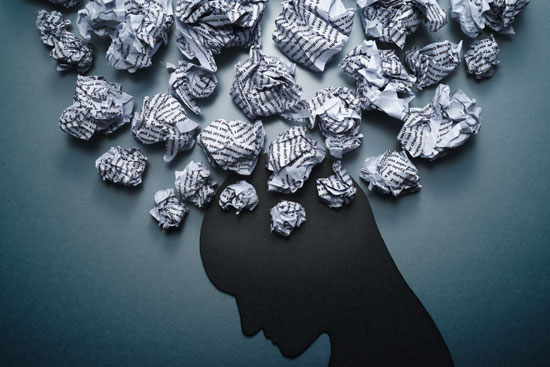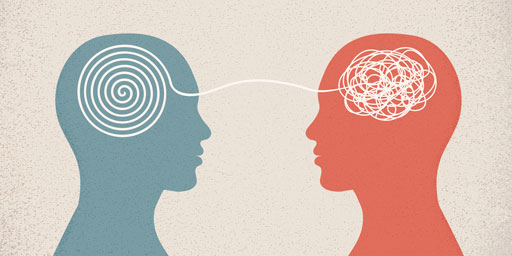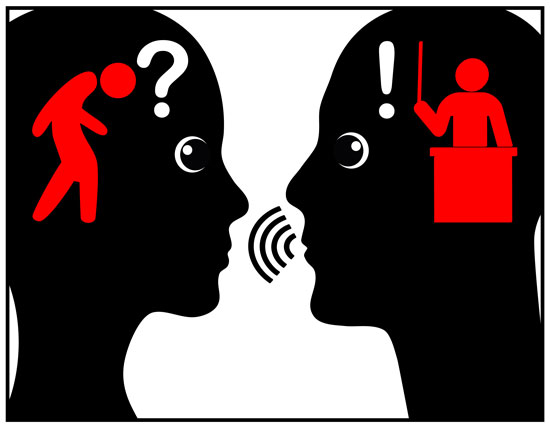What is Trauma:
The word trauma means an overload to the nervous system. Unresolved trauma remains stuck in our subconscious mind and dictates how we think and react to certain situations in our life.
Trauma is often associated with having experienced abuse. Mentally, verbally, physically or sexually. Being in an accident. Growing up with a parent who was addicted to substance abuse. Living in a home that didn’t feel stable or safe. Experiencing your parents toxic divorce. Being abandoned or loosing a parent at a young age.

Emotional experiences in your childhood can also cause trauma. Maybe your parents or caregivers were emotionally unavailable. You never felt validated, which made you feel not good enough or worthy. Your parents might have worked a lot and weren’t present for you. Maybe your parents didn’t know how to show love and affection due to their own unhealed trauma and experiences. You might have become the caretaker in your family at a young age. Or maybe you were bullied as a child.
Trauma can be passed down from 7 generations in our family history, so there is a great chance we have all experienced trauma at some point in our childhood which remains stuck if unresolved.
Trauma is stored in the right side of the brain, which makes it challenging to access during talk therapy. When we keep reliving our traumatic experiences we remain stuck. Trauma can be healed once we identify the root cause. Incorporating somatic therapy (working on the brain and body) is vital for releasing past traumatic experiences.

What is Trauma bonding:
When the relationship ends we experience “aftershock”, and often a deep grief of what we thought we had. We miss the cycle of ups and downs and the attention, even when understanding the relationship was not normal or healthy.
"There is no timestamp on trauma. There isn't a formula that you can insert yourself into to get from horror to healed. Be patient. Take up space. Let your journey be the balm"
Being in a narcissistic relationship is a never ending cycle of abuse, which begins with love bombing and idealization. During the love bombing and idolization phase, our brain releases the feel good hormones, Oxytocin, Dopamine and Serotonin. We become addicted to feeling so good, much like being addicted to a drug. It makes us feel worthy and good enough. Suddenly tension with the narcissist will build, an incident will occur and usually the narcissist will become enraged, then discard you or give you the silent treatment. This releases your stress hormones, Cortisol, Norepinephrine and Epinephrine, making you feel unworthy and not good enough again. Your amygdala will try to keep you safe by entering the fight, flight, freeze and fawn mode.
Then the cycle is followed by reconciliation known as the honeymoon phase, where the narcissist will try to suck you back in, by giving you attention or gifts while pretending the incident never happened.

Once again our brain releases the feel good hormones and we feel we are worthy and good enough again, willing to accept crumbs of love. This toxic cycle will be repeated over and over in a narcissistic relationship. Becoming addicted to the feel good hormones we release in the love bombing and idolization phase, makes leaving the toxic relationship very challenging.
You can heal from trauma and start your new chapter

